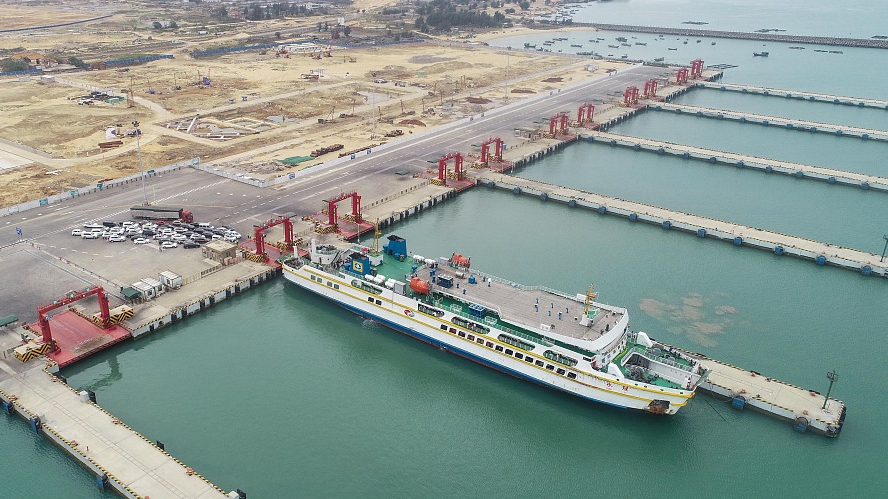SANTIAGO, Dec. 8 (Xinhua) -- Latin America needs the foreign direct investment (FDI) that promotes progressive structural change, said a UN regional official, noting that China can participate in the process with experience in key industrial sectors.

File photo: Agencies
"We believe that foreign direct investment must be coordinated with a productive development strategy, with an industrial policy, and progress in sectors such as environmental sustainability, the health industry ... and the bioeconomy, to change the development paradigm towards greater sustainability," said Alicia Barcena, executive secretary of the Economic Commission for Latin America and the Caribbean.
Barcena spoke with Xinhua days after presenting the comission's annual report on FDI in Latin America.
The commission projects an estimated 55-percent drop in the FDI in the region this year, given the impact of the COVID-19 pandemic.
Latin America has attracted FDI coveting the region's natural resources over the past decade, yet the investment from rich western countries "did not catalyze important changes in our productive structure," said Barcena.
The weakness in Latin America's infrastructure has become evident ever since the pandemic broke out, as 94 percent of the medical equipment the region used in the crisis are imported, she said.
It is very important to prop up manufacturing capacity such as that of medical devices, Barcena said, noting that by turning to local manufacturing, the region can also see an increase in labor capacities, employment and productivity.
China's strategic thinking in domestic development and global growth also offers lessons to Latin America and promises greater progress in the region, according to Barcena.
Barcena said that Latin American countries should seize the opportunities provided by the China-proposed Belt and Road Initiative for more sustainable development.
The initiative is not only "very attractive" in terms of boosting regional integration, such as digital and transport connectivity, but also aligns with the United Nations 2030 Agenda for Sustainable Development, she said.


